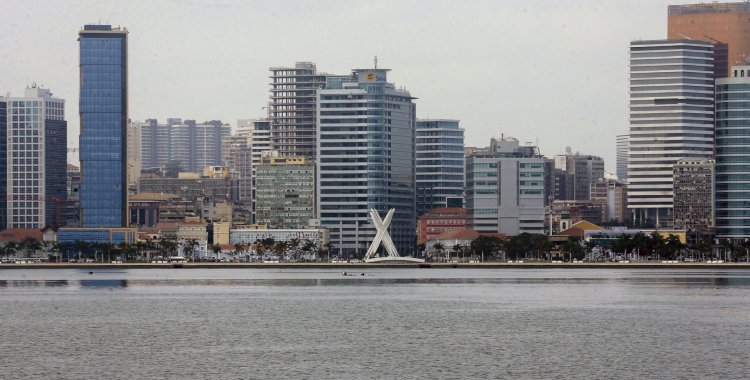"The macroeconomic scenario today is significantly different compared to the expectation of most economic agents; likewise, our perspective at this moment is also different from what we predicted at the beginning of this year", say BFA economists in the note in which they change the forecast. of evolution of the Angolan economy, now forecasting a drop in the economy between 1 percent and 1.4 percent.
"The performance of 2022 greatly influenced the formation of expectations in 2023 and until the beginning of this year it was not thought that the exchange rate by June would sink more than 50 percent and that new challenges regarding inflation would emerge in the first half of the year", they argue, in the note sent to customers and to which Lusa had access.
In the document, the BFA predicts that "the exchange rate will remain close to the current level or correct very slightly", but "although the movement stabilizes, the depreciation that has already occurred will continue to impact prices, so that the inflation forecast has now been revised to a close of 20 percent in 2023", they say.
"We believe that inflation will possibly end the year close to or above 20 percent if there is not a strong reaction from the monetary policy and also some recovery of the kwanza", reads the document, which warns, even so, that "a strong reaction enough to contain price growth could further undermine economic growth, particularly in the non-oil sector".
The impact of the withdrawal of fuel subsidies, "together with the abrupt depreciation of the kwanza, is being quite strong for the non-oil economy: the prices of imported goods and goods in general have increased, purchasing power has fallen and, as a consequence, consumption should also fall; at the same time, this conjuncture caused an environment of uncertainty and deterioration of consumer confidence, which had been growing since last year", which, among other factors, should cause the unemployment rate to remain "close to 30 percent or even slightly increase".
In the case of oil production, BFA's outlook remains negative, not having worsened compared to the beginning of the year: "Production will have fallen by 6.7 percent in the first half of the year based on OPEC data, which indicates falls in the same magnitude as the oil GDP", they say, despite acknowledging that "more recently, production began to rise in monthly terms and in July it reached 1.17 million barrels per day, the highest value since August last year".
Despite this, they add, "it is still notorious that Angola continues to face capacity restrictions and, based on this, oil production will not evolve in the second half of this year to the point of offsetting the 6.7 percent loss that occurred in the first six months, and for that reason there is a contraction in the sector to be considered", which is expected to fall by around 5.4 percent.
The non-oil sector, on the contrary, should have grown, from April to June, above the 3.1 percent registered in the first quarter of this year, but should fall in the third and fourth quarters of this year, which will mean that, in the for the year, the BFA forecast points to a stagnation of growth in the non-oil sector.
"In all, we expect there to be stagnation in the non-oil sector, which is equivalent to saying that the activity will interrupt a sequence of growth that comes from the first quarter of 2021", motivated by several factors, "with emphasis on the depreciation of the exchange rate - which is making many investments unfeasible -, a drop in consumption and a real contraction in credit growth, contributing to a total GDP contraction of close to 1 to 1.4 percent", they conclude.







